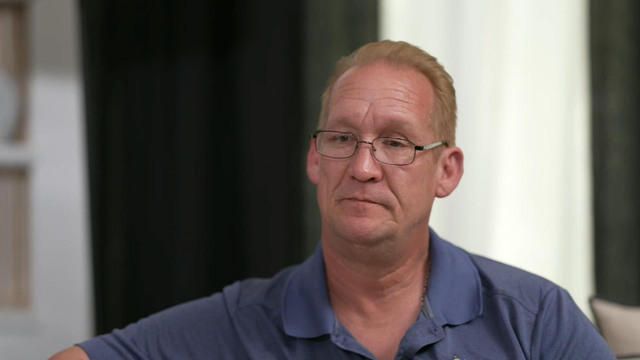LWOP and The Power of Second Chances - CBS News
CA governor Jerry Brown commuted Bradley Arrowood's LWOP sentence in 2017

The advocacy powering the Drop LWOP movement, and criminal justice and sentencing reform in general, requires real persistence and resilience. It always helps to shine a spotlight when success is found and adds to the motivation to continue to fight for what is right.
Bradley Arrowood's story offers that spotlight.
Arrowood’s journey to own a successful service dog training business started when he was given a second chance at life. After spending 25 years in prison, he has been working to redeem himself after former California Governor Jerry Brown commuted his sentence in 2017.
“There are so many people that come back out or could come back out that educate themselves and they don’t get the same breaks I got,” Arrowood said.
Brown, now retired and living on his Northern California ranch, understands the concept of second chances. However, during his tenure as California governor, he was tough on crime and implemented the state’s first mandatory sentencing law, which led to the passing of similar laws. Brown admits that the result of his policies was an increase in the number of prisons from 12 to 33, with the number of incarcerated individuals rising from 25,000 to 170,000.
Brown's initial "tough on crime" legacy directly impacted Arrowood when he was sentenced 10 years after Brown left office as governor in 1983 to life in prison with no possibility of parole for killing a man he claimed had an affair with his wife. Arrowood’s sentence really began to impact him when he realized his daughter was placed in foster care. It was after this that Arrowood said he found his purpose. “I wanted her not to be ashamed of who I was. I had to be an example, even though there was no chance of me getting out. I wasn’t able to tell her that I wasn’t getting out ever because I didn’t want to destroy any hope that she had,” he said.
After becoming a model prisoner, Arrowood was given a new opportunity through the prison’s program called ‘Paws for Life’, which involved training dogs to be adoptable and fit for service. The program initially aimed to give dogs from high-kill shelters a second chance, but it also had a profound impact on the prisoners. “Those dogs gave us back our humanity. It brought emotion back into prison. To come back out here. If it hadn’t been for that, the dogs, I wouldn’t have been able to function,” he said.
In 2010, Jerry Brown was elected governor for a second time, and by then, he had a change of heart about the heavy sentencing laws he once championed during his first term. However, it was not just his conscience that led to this change, but also the federal courts, which ordered California to reduce the overpopulation in its prisons. Without this nudge, it would have been challenging for the state to accomplish as much as it did. At that time, California’s overcrowded prisons included around 4,000 inmates who had no possibility of parole.
To learn more about Arrowood's process toward a second chance, watch the feature "The Power of Second Chances" from CBS News.










